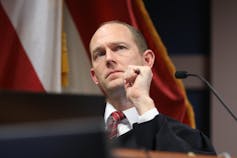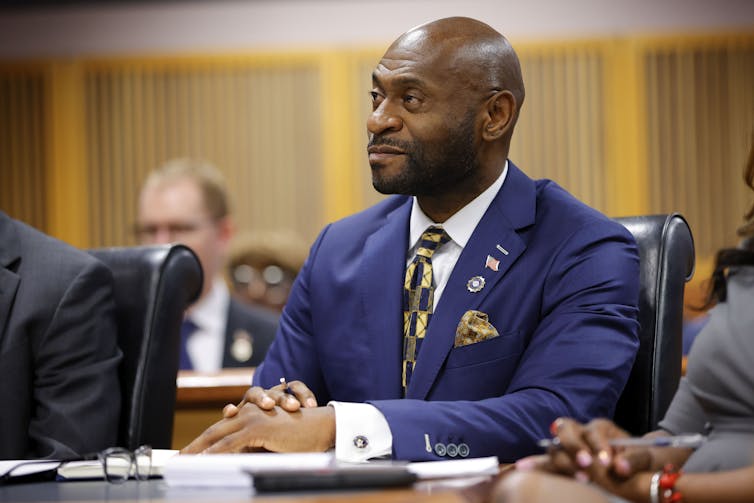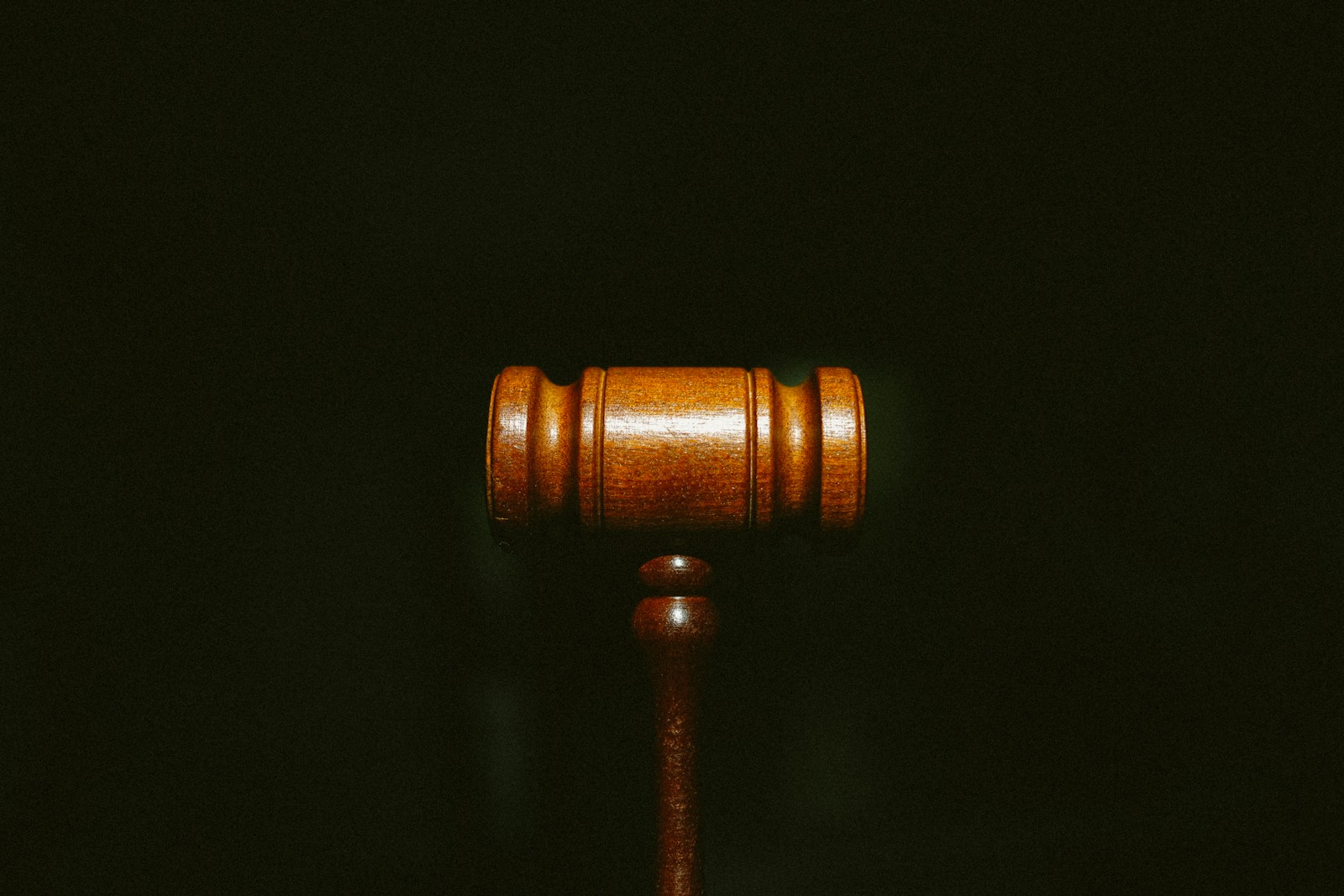Ronald S. Sullivan Jr., Professor of Law, Harvard University
In an unexpected decision, a Georgia judge ruled that the conspiracy to commit election intereference case against Donald Trump and several associates can continue if Fulton County District Attorney Fani Willis either steps aside from the case or fires her former boyfriend, whom she hired as special prosecutor.
Within hours of the decision, the special prosecutor, Nathan Wade, stepped down.
The ruling by Fulton County Superior Judge Scott McAfee puts an end to a January 2023 motion to have Willis removed from the case for allegedly having a personal financial stake in the case by “benefiting from her romantic relationship” with Wade through the lavish vacations they took together.
Though Willis acknowledged “a personal relationship,” she claimed their relationship started after Wade was hired to prosecute Trump.
In his ruling, McAfee wrote that Willis showed a “tremendous lapse in judgment” regardless of when the relationship began.
In the case against Trump, four out of the 19 people charged have already pleaded guilty. Trump and the rest of the defendants have pleaded not guilty.
The Conversation asked criminal law scholar Ronald Sullivan to make sense of the ruling that allows Willis to continue her prosecution of Trump.
What just happened?

Judge McAfee entered a mixed ruling that caught most legal observers by surprise. He found that Trump’s defense team did not put forward sufficient evidence to show that Willis had an actual conflict of interest.
To the contrary, McAfee found that the value of Willis’ alleged benefit was less than $15,000 and did not support charges that Willis, who makes over $200,000 a year and was not experiencing any financial hardships, needed or relied on her relationship with Wade.
Though McAfee found no actual conflict of interest, he did find the appearance of a conflict. That means a reasonable person might believe that Willis’ actions as a prosecutor were compromised by her relationship with Wade.
On this basis, McAfee ruled that the existence of a romantic relationship presents an appearance of a conflict of interest. In order to cure this conflict, either Willis or Wade had to resign.
With Wade’s resignation, Willis will assign a different lawyer to the case.
What would have happened if the judge ruled against Willis?
Trump’s case would have been handed over to a state entity called the Prosecuting Attorneys’ Council of Georgia. The agency would then have appointed another Georgia district attorney’s office to take up the prosecution.

In normal cases, Georgia lawyers report that this is a long and slow process. Given the magnitude of the Trump case, this process would have taken even longer. Significantly, the new prosecutor would not be bound by any decisions made by Willis’ office and could have even declined to prosecute the case altogether.
What’s the takeaway from the judge’s decision against Willis?
The judge essentially split the baby. By finding there is no actual conflict of interest, Willis is permitted to stay in the case. But Wade was forced to quit because of the appearance of a conflict.
The judge landed a few judicial jabs regarding Willis’ behavior that the Trump team will use to undermine the public’s faith in the district attorney’s office.
In a line that the Trump team surely will repeat, the judge wrote that an “odor of mendacity” exists with respect to Willis and the prosecution’s witnesses.
Where does the ruling leave Willis?
Prosecutors’ offices trade on the trust that juries give to the office. If that trust is eroded, the impact is often felt in “not guilty” trial verdicts when juries don’t trust what prosecutors say. Although Willis dodged a bullet by being able to stay in the case, she will have to manage the harm to her reputation.
What is the status of Trump’s case?
The case will proceed as before. Willis will likely appoint a senior attorney from within her office to lead the case, and that lawyer will pick up where Wade left the case.
This article was updated March 15, 2024, to reflect Nathan Wade’s resignation.
This article is republished from The Conversation under a Creative Commons license. Read the original article.






